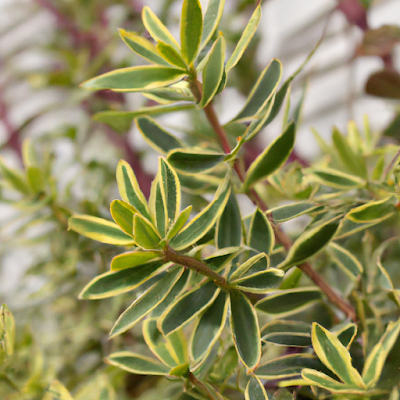Herbal Teas and Infusions
Herbal Teas and Infusions: health benefits of different herbal teas, how to prepare them, cultural significance of herbal tea traditions worldwide.
Herbal teas and infusions have been enjoyed for centuries for their various health benefits, unique flavors, and cultural significance around the world. Here, I'll provide an overview of some popular herbal teas, their health benefits, how to prepare them, and their cultural significance.
Peppermint Tea:
Health Benefits: Peppermint tea is known for its digestive benefits, alleviating nausea, indigestion, and bloating. It can also help relieve headaches and improve concentration.
Preparation: Steep 1-2 teaspoons of dried peppermint leaves in boiling water for 5-10 minutes.
Chamomile Tea:
Health Benefits: Chamomile tea is often used as a natural remedy for insomnia, anxiety, and stress. It also has anti-inflammatory and antioxidant properties.
Preparation: Infuse 1-2 teaspoons of dried chamomile flowers in hot water for about 5 minutes.
Ginger Tea:
Health Benefits: Ginger tea is well-known for its ability to soothe digestive discomfort, alleviate nausea, and reduce inflammation. It can also help boost the immune system.
Preparation: Simmer fresh ginger slices in hot water for 10-15 minutes, or use ginger tea bags.
Lavender Tea:
Health Benefits: Lavender tea is often used to promote relaxation and reduce anxiety. It may also help with sleep and headaches.
Preparation: Steep 2-3 teaspoons of dried lavender buds in hot water for 5-7 minutes.
Hibiscus Tea:
Health Benefits: Hibiscus tea is rich in antioxidants and may help lower blood pressure and improve heart health. It also has a tart, refreshing taste.
Preparation: Boil dried hibiscus flowers in water for 5-10 minutes.
Green Tea:
Health Benefits: Green tea is known for its high antioxidant content, which may promote weight loss, boost metabolism, and reduce the risk of various diseases, including cancer and heart disease.
Preparation: Steep green tea leaves in hot water (not boiling) for 1-3 minutes.
Cultural Significance:
Chinese Tea Culture: China has a rich tradition of herbal teas and infusions, often linked to traditional Chinese medicine. These include chrysanthemum tea, goji berry tea, and ginseng tea.
Japanese Tea Ceremony: The Japanese tea ceremony revolves around matcha, a powdered green tea. It's a highly ritualistic and meditative practice.
Moroccan Mint Tea: In Morocco, mint tea is a symbol of hospitality and is often served with sugar and fresh mint leaves. It's a staple in daily life and social gatherings.
Indian Ayurvedic Teas: Ayurveda, India's traditional medicine system, uses various herbal teas like tulsi (holy basil) tea, turmeric tea, and cardamom tea for their healing properties.
South American Herbal Teas: Mate in South America and Yerba Mate in Argentina, Uruguay, and Paraguay are culturally significant herbal drinks, often shared among friends and family.
Herbal Infusions in Europe: European cultures have their own herbal traditions, such as Swedish rosehip soup, English afternoon tea, and Greek mountain tea.
The health benefits and cultural significance of herbal teas and infusions vary widely across regions, reflecting the diverse uses and traditions associated with these beverages. Remember that while herbal teas offer various potential health benefits, they should not be seen as a replacement for medical advice or treatment when needed.



Comments
Post a Comment